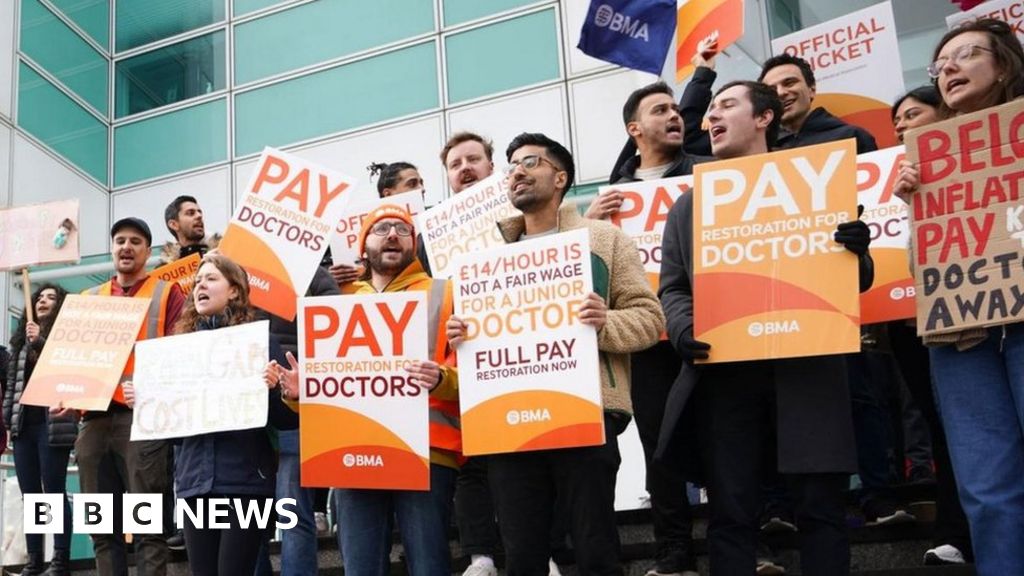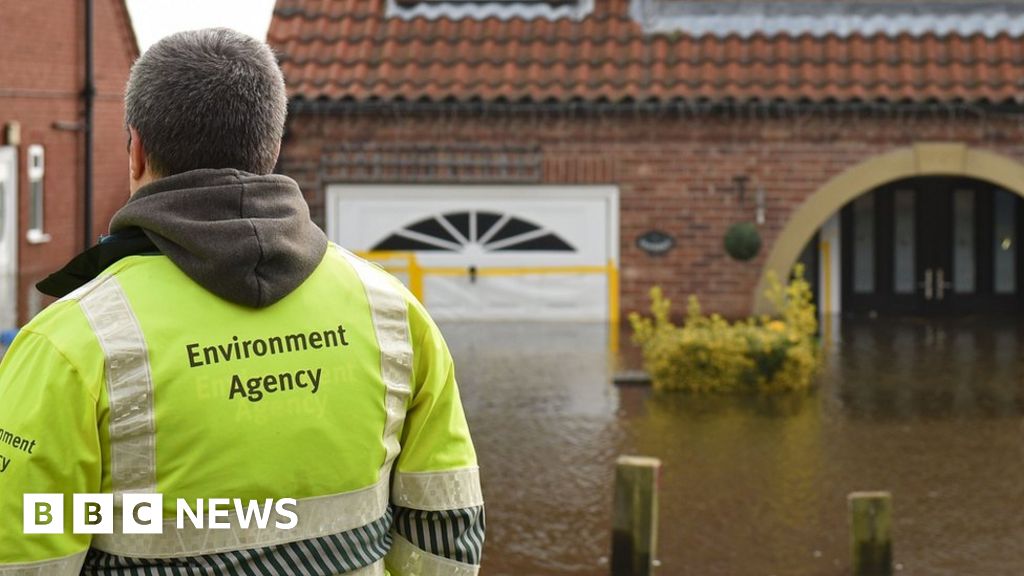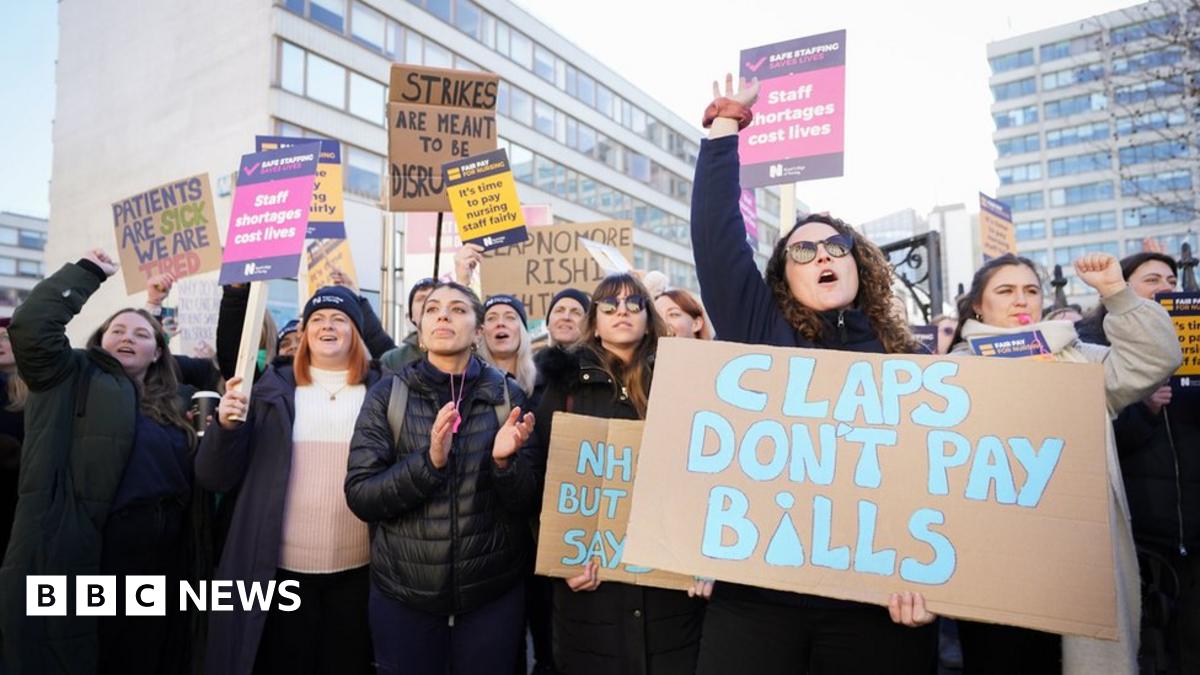- Joined
- Apr 3, 2023
- Messages
- 1,092
- Reaction score
- 369
- Points
- 352
- Ballots
- 🗳️0.000000
- DB Transfer
- 🔄0.000000
I don't believe many members here are from the UK where there are strikes constantly by doctors, nurses, ambulances, bin workers, teachers, university lecturers; I also know there are ongoing strikes over pension reforms in France. Are there any strikes going on where you are and have you been involved or impacted by them?
Following the Easter holiday weekend, there is a 4-day strike by junior doctors. This is expected to be the most disruptive strike in the history of the NHS.

The impact is huge.
It's good that people are speaking out and awareness is being raised. It affects everyone close to the person impacted by the strikes, and I never considered that side.
Do you feel this is a reasonable demand or excessive? If you were a junior doctor, what sort of rise do you reckon you'd be happy with?
What's your view on this given inflation? I have mixed views, it's such a tricky balancing act. Since the majority of private sector employees receive much better pay rises, which inevitably leads to mass resignations in the public sector.
This isn't a good look.
Where you live do you face challenges with the public sector?
Following the Easter holiday weekend, there is a 4-day strike by junior doctors. This is expected to be the most disruptive strike in the history of the NHS.

Junior doctors' strike puts patients at more risk - Barclay
The four-day walkout in England over pay comes after the Easter break when the NHS is already busy.
www.bbc.co.uk
The impact is huge.
More than a quarter of million of appointments and operations could be cancelled, and some hospitals say up to half of planned treatment is affected.
The union said there were plans to pull doctors off picket lines if lives were in immediate danger.
Under trade union laws, life-and-limb cover must be provided.
The timing of the strike is as important as its scale - it immediately follows the bank holiday Easter weekend, a period when the NHS already faces increased demand and greater staff absence.
More than 40% of the medical workforce are classed as junior doctors, with two-thirds of them members of the BMA.
It's good that people are speaking out and awareness is being raised. It affects everyone close to the person impacted by the strikes, and I never considered that side.
Neuroscientist Dr Camilla Hill, 42, from Nottingham, has also been affected. She has had two knee operations cancelled because of the junior doctors' strikes - one this week and one back in March. She now has a third date scheduled for 25 April.
She has been unable to do some of her favourite hobbies, which include hiking and sailing, in part because of the pain in her knees.
"I feel really frustrated. It's messed me about, it's messed about my employer, it's messed about my husband - and it's messed about his employer as well. It's not just the patient whose operation is cancelled that's impacted, it's everybody around them."
Do you feel this is a reasonable demand or excessive? If you were a junior doctor, what sort of rise do you reckon you'd be happy with?
Junior doctors are demanding a 35% increase in pay, to compensate for 15 years of below-inflation wage increases.
But the government has said the pay demand is unrealistic, pointing to the deal other health unions have recommended to their members - which includes a 5% pay rise and one-off payment of at least £1,655.
What's your view on this given inflation? I have mixed views, it's such a tricky balancing act. Since the majority of private sector employees receive much better pay rises, which inevitably leads to mass resignations in the public sector.
The BMA has accused the government of refusing to negotiate, and union leaders have said they are ready to cancel the strike if an improved pay offer is made, signalling it could accept a smaller rise.
This isn't a good look.
The organisation's co-chair, Dr Vivek Trevedi, told the BBC striking doctors would return to work in the event of a major incident, but said the government had not formally requested an agreed list of circumstances in which the action would be paused.
The Department of Health and Social Care (DHSC) declined to comment on the call for Acas to intervene, but said it was working with NHS England to put in place contingency plans to protect patient safety.
Where you live do you face challenges with the public sector?







